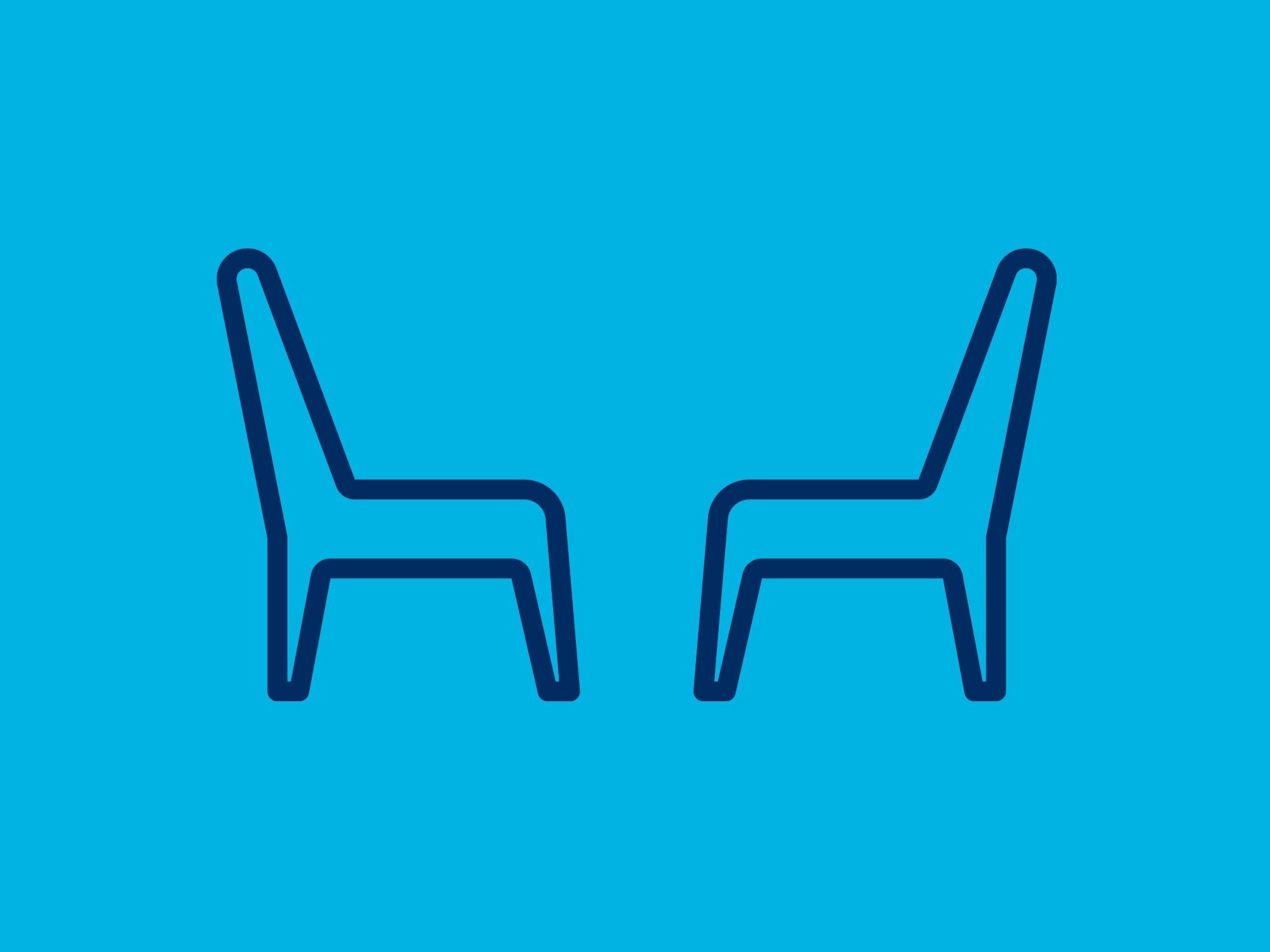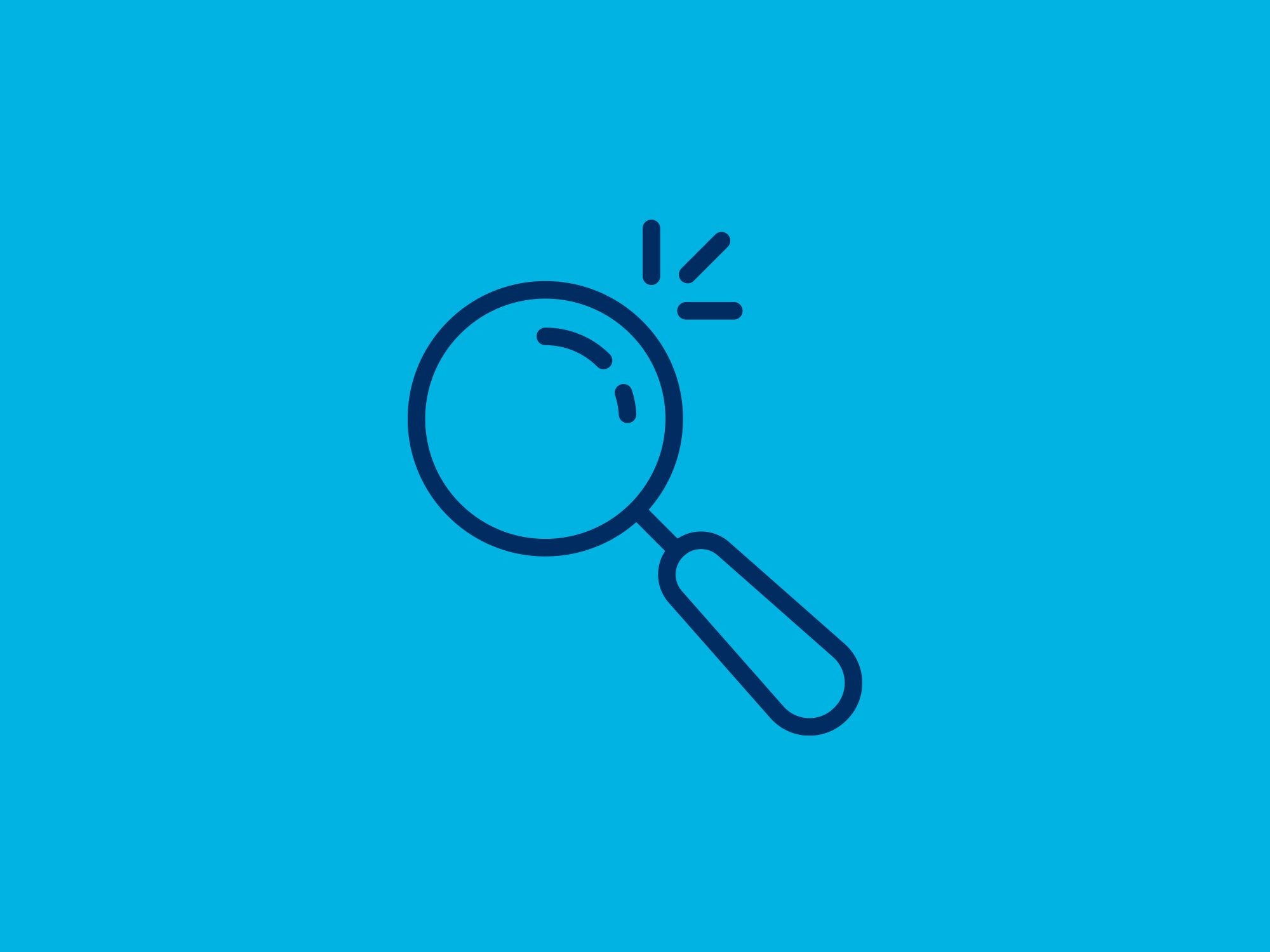Would talking to someone help me?
This page is for community members who are considering starting or continuing counseling and therapy. We also offer guidance for students to help a friend and for faculty and staff to assist students, colleagues or loved ones experiencing various levels of distress.
Quick Links
Why should I schedule counseling/therapy?
Counseling and therapy is a great way to explore your mental well-being. These services can be useful if you are trying to tackle a problem or would benefit from tools to help you adapt to whatever life may throw your way. Counselors are trained to determine what can help or benefit you, specifically.
While the topics are endless, some examples of situations and topics include: stress and anxiety, addiction, depression, disordered eating, grief and loss, trauma and PTSD, and panic disorders. No issue is too big or too small to talk about.
What are the different forms that therapy can take?
Therapy can take many different forms, from traditional therapy or counseling, to group therapy sessions or coaching.
Many services currently use telehealth video sessions, which allow you to check in with a clinician using secure, HIPAA-compliant, video platforms. The consultations offer the ability to ask questions, get connected to needed resources, provide guidance about next steps, and begin the helping process.
Resources for students include CAPS and HoyaWell, and resources for staff include the Faculty and Staff Assistance Program (FSAP) and Journey.
What is group therapy?
For students, group therapy is offered through CAPS and is open to drop-ins. Therapy groups are aimed at bringing about change in participants through an examination of thoughts and behaviors. Support groups are generally focused on a particular issue, with an emphasis on coping.
I am upset, and I cannot relax.
Consider self-help strategies available online:
CAPS has a comprehensive “toolbox” that can provide quick online resources online. Visit the CAPS Toolbox
For staff, consider using the Calm app, which may assist you with meditation and relaxation resources.
Students: What is the right talk therapy / counseling resource for me?
For students, whether you’re on or off campus, your first stop is the Counseling and Psychiatric Service (CAPS), Georgetown’s primary emotional and mental health service. CAPS is staffed by clinicians trained to help you get started. The first session is usually with an intake counselor, followed by a course of therapy/counseling suited to each individual.
HoyaWell’s free services supplement CAPS and are good virtual options during the pandemic. Students on the university’s student health insurance plan can also access HealthiestYou.
Faculty and Staff: What is the right talk therapy / counseling resource for me?
For faculty and staff, the Faculty and Staff Assistance Program (FSAP) is free and available to help you. Appointments can be scheduled by emailing fsap@georgetown.edu. Journey’s employee assistance program provides customized well-being resources through its digital platform as well as concierge-level support for individuals seeking therapy or coaching. Journey provides free mental health therapy and support for all benefits-eligible employees and their families in the Washington, DC, metro area, across the United States and internationally.
How can I find a therapy provider on my own?
Faculty and staff looking for options should consult their health insurance provider for additional information, Health Advocate is a health advocacy group that helps folks navigate the healthcare system, offers free counseling (for things like smoking cessation) and other helpful free resources.
How should I approach a friend who may have a serious drinking problem?
Talking about a problem is the first step to taking positive action. Many individuals recovering from a drinking problem attribute the initial awareness of their behavior to the intervention of a friend or relative. You can reach out to your RA for help or contact Dr. Patrick Kilcarr with Health Education Services at 202-687-8944 for guidance.
Is my relationship with food and eating unhealthy?
A person’s relationship with food and their body can be complex and unique, creating a continuum of feelings and behaviors. Students on a Georgetown meal plan can talk to the Hoya Hospitality registered dietitian by visiting the HoyaEats website to schedule a one-on-one nutrition consultation.







